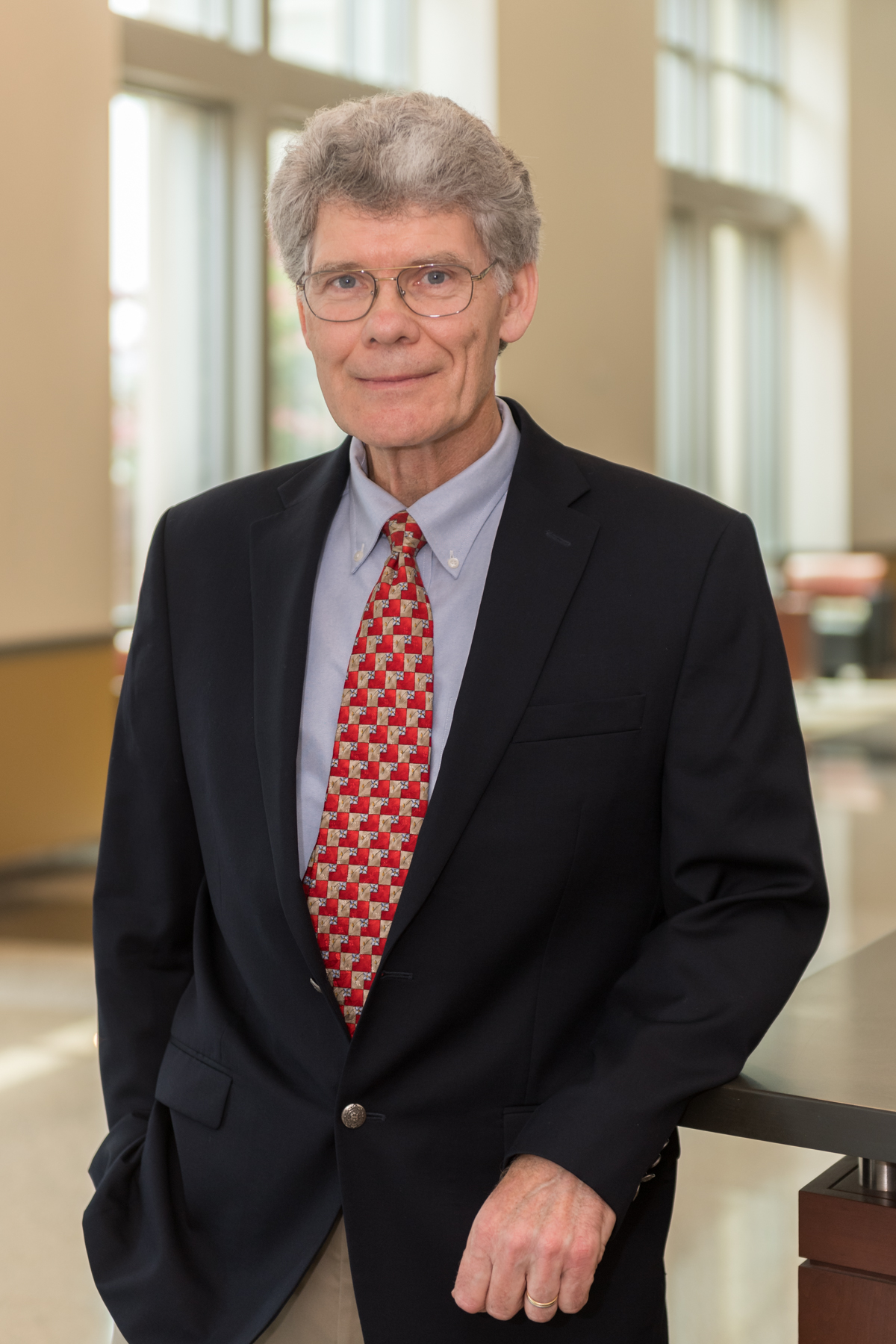Distinguished Mentor Award
A great mentor meets you where you are, while simultaneously envisioning and enabling where you can be. Michael L. Miles, M.D., Ph.D., Professor of Pharmacology and Toxicology and Neurology, is lauded by his mentees and colleagues for his “how can we help?” approach. Dr. Miles enjoys an international reputation for his research concentrating on the use of functional genomics to understand alcohol use disorder. He is the scientific director of the NIAAA P-50 funded VCU Alcohol Research Center and has published over 200 papers and abstracts. In 2014 Dr. Miles received the Outstanding Teacher Award for the Department of Pharmacology and Toxicology.
Dr. Miles has supervised over 100 neurology resident trainees and formally mentored 18 postdoctoral fellows, 12 PhD students and 5 MD/PhD students. He is exceptionally skilled in recruiting and educating MD/PhD students, preparing them for outstanding careers in biomedical research. These translational trainees have been unusually successful in earning
NIH F30 awards; one trainee received a perfect score from the study section on his first submission.
Paul Vorster, Ph.D., currently in the Stanford SOM Department of Pathology, was originally hired as a lab technician and Dr. Miles mentored him as he learned the intricacies of Trizol extractions. Later, Dr. Miles mentored Dr. Vorster through his doctoral training. ”He remained focused on a central research question, but tackled the problem by integrating multiple disciplines. I still use this approach in my current research. Mike impressed on me the value of remaining teachable!”
The impact of Dr. Miles’ mentorship continues to be significant as students become independent scientists and clinicians. “I routinely impart on my mentees (technicians, undergraduates, medical, and doctoral students) the same knowledge and guidance I received from Dr. Miles . . . (he) has shown me unwavering support in the form of recommendations and career advice with the many grant and award applications I have submitted (6 of 8 grants funded, recipient of 3 young scholar awards),” describes Jo Lynne Harenza, Ph.D., Research Scientist, Department of Pediatrics, Division of Oncology, Children’s Hospital of Philadelphia.
Alexander H. Putman, PhD, Senior Pharmacologist, Office of Hematology Oncology Products, U.S. Food and Drug Administration, agrees. “With his oversight, I won numerous presentation awards, published scientific papers in peer-reviewed journals, and was awarded an individual predoctoral fellowship by the NIAAA. This skill set not only prepared me for a successful career in academics but also allowed me to excel in a career outside of academics that directly affects human health on a daily basis. As a senior pharmacologist . . . I evaluate the safety of investigational new drugs prior to initiation of human clinical trials, review new drug applications for marketing approval, and develop the labeling of new drugs as it pertains to human safety.”
An aspect of mentoring not always appreciated is how one mentors fellow faculty by example. “Since I arrived in 2005, Mike has been the first person that I have consulted for advice when I’ve had a question involving navigating faculty life. . . . More telling but less quantifiable, he has worked behind the scenes for years to actively promote my work to colleagues,” states Jill C. Bettinger Associate Professor, Department of Pharmacology and Toxicology.
Andrew van der Vaart, M.D./Ph.D. Candidate, Pharmacology and Toxicology, sums up Dr. Miles’ dedication and insight well. “He knows what his students are capable of, and sees to it that we live up to our full potential. If I were to become discouraged because experiments were not going perfectly, he would also know to lift my spirits—to remind me that biology is often stochastic, slippery, hard to pin down. The most important thing was always the learning process; this lesson resonated through the time I was under his mentorship. It is a testament to his own commitment to lifelong learning.”